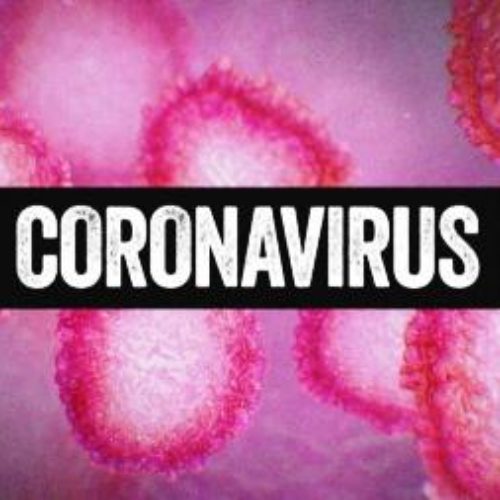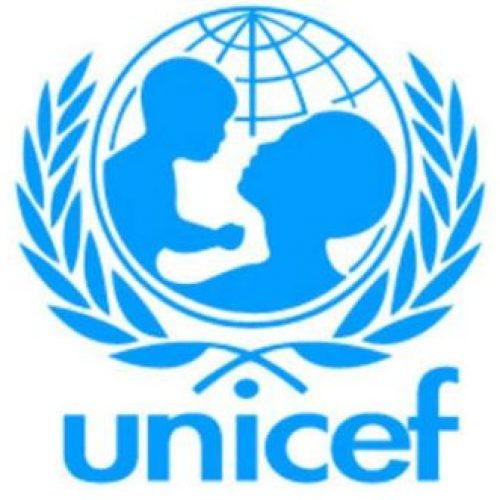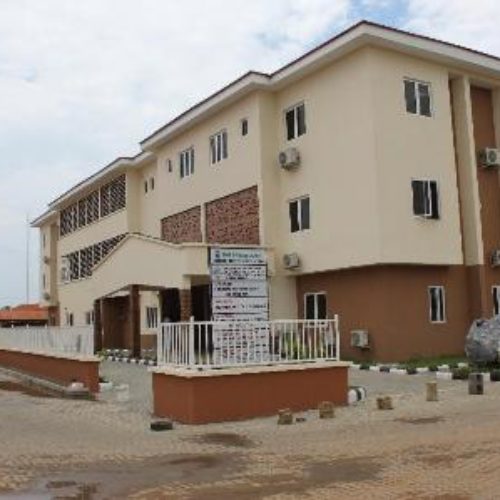Cross River gets $18 million USAID grant on SMGL
The ‘Saving Mothers, Giving Life’ (SMGL) Initiative concluded a productive week-long, global team-building meeting in Calabar with a five-year, $18 million grant from the United States Agency for International Development (USAID) to the Cross River State government.
The five year initiative is a public-private partnership that addresses the three primary delays associated with maternal and newborn health: the delay in seeking services, the delay in reaching care, and the delay in receiving high-quality care at a health facility. In 2014, Nigeria became the third country to adopt the initiative after successes were reported by the program in Uganda and Zambia.
The meeting, organized by the Cross River State Government in partnership with USAID, brought together national and regional partners and key stakeholders to share updates on the progress of activities in Uganda and Zambia and guide inputs on expansion in Nigeria.
The U.S. Consul General, John Bray, USAID Acting Mission Director, Aler Grubbs, and the Governor of Cross River State, Prof. Benedict Ayade participated in the opening ceremony.
According to Bray, health challenges in Nigeria are not always a result of limited access to facilities, but access to enough skilled professionals and quality services within those facilities.







0 Comments
No Comments Yet!
You can be first to comment this post!